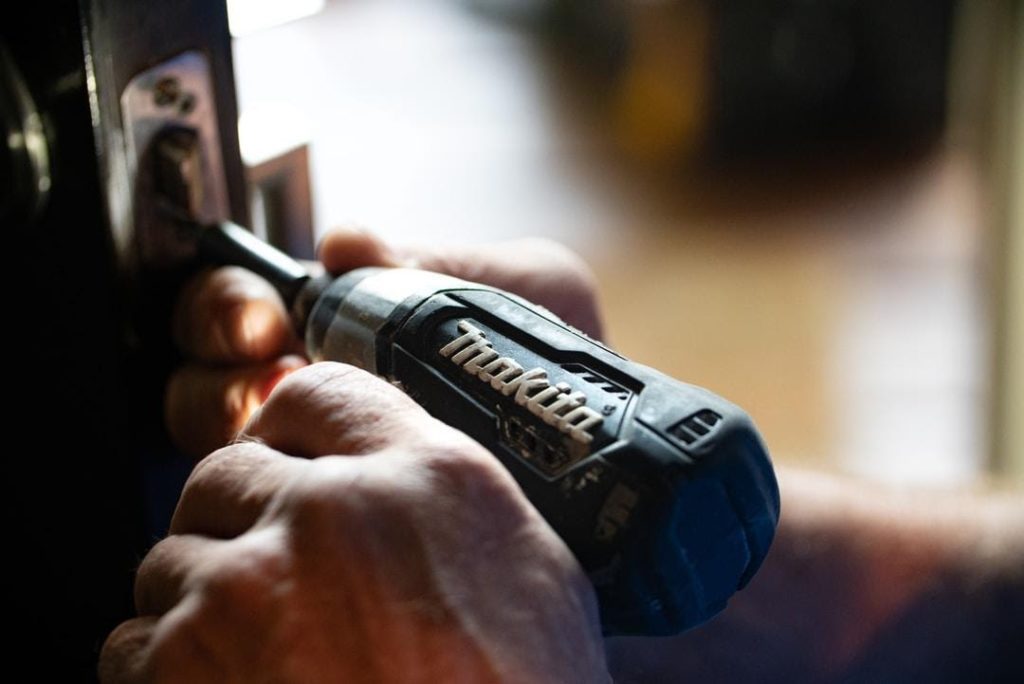Windows are a critical component of home furnishings. Replacing worn-out or old windows can improve the appearance and energy efficiency of your home.
You can find high-quality replacement windows at any reputable home improvement store near you. However, replacing a window goes beyond purchasing a new one. Contrary to popular belief, a window replacement job isn’t your regular DIY task considering its complexities. We’ve come up with a checklist of three vital things to consider when replacing your windows.
1. Hire the right professionals.
Window replacement is one home improvement job you should leave to professionals. While replacing an old or worn-out window seems like a straightforward DIY task, the truth is that correct window installation requires a degree of skill, care, and expertise. You’ll have to conduct a thorough online search to find the right company to undertake the task.
Companies like All Weather Seal are a great option for homeowners in Michigan. They offer a great window installation and replacement service. You can opt for vinyl replacement windows, which is a cost-efficient approach. It can significantly help to reduce energy costs, enhance the look of your home, and mitigate weather-related damages. Aside from window replacement services, the company also offers roof replacement services. Remember, metal roofing is the best choice, for both durability and aesthetics. Feel free to check the company’s complete product details on their product disclaimers page.
2. Prioritize maintaining a clean indoor environment.
Before deciding on installing replacement windows, make sure your home environment is clean and healthy. Clean air is vital for maintaining a healthier home. You can also seal any gaps around the home to keep cool and heated air from getting out.
Another option is to use energy-efficient heat recovery ventilators that keep energy losses low. Unfortunately, inadequate ventilation allows gaseous pollutants to gather indoors. These pollutants may include volatile organic compounds (VOCs), pollen, dust mites, harmful fumes, pest droppings, viruses, and pet dander.
There’s no denying that indoor air pollution produces various health symptoms such as nausea, dizziness, vomiting, and fatigue. Sometimes, poor indoor air quality may eventually lead to severe symptoms over time. Studies have shown that poor indoor air quality causes hypersensitivity pneumonitis, lung cancer, and heart disease.
One way to ensure clean indoor air is to change the HVAC air filter. You may decide to contact a certified HVAC contractor to schedule routine inspection visits. Alternatively, you can leverage air cleaners to trap pollutants in the filter. Keep in mind that a HEPA filter can trap a significant amount of harmful airborne irritants. Also, an air purifier, humidifier, and dehumidifier can make a world of difference for you.
A simpler way to get a good amount of outdoor air is by opening your windows often. This will help eliminate significant quantities of pollutants. Open windows are a viable way to improve your indoor air quality and ensure proper ventilation. Overall, this allows fresh air into your home and lower concentrations of indoor air pollutants and allergens. This means you’ll also save energy costs as you won’t have to use your HVAC system too often.
3. Create a realistic budget.

Replacement windows vary according to size, design, price, and quality. That’s what makes choosing a window option daunting and overwhelming. It would be best if you considered creating a budget to guide your spending as you would with other home renovation projects. Try to keep your budget down to prevent stretching your finances. Essentially, your budget enables you to determine if you can afford to replace all existing windows in your home.
If you’re working on a tight budget, consider replacing the windows that require urgent work. A professional can help you plan and implement a foolproof window replacement project that suits your budgets and needs and at the same time won’t devalue your home.






